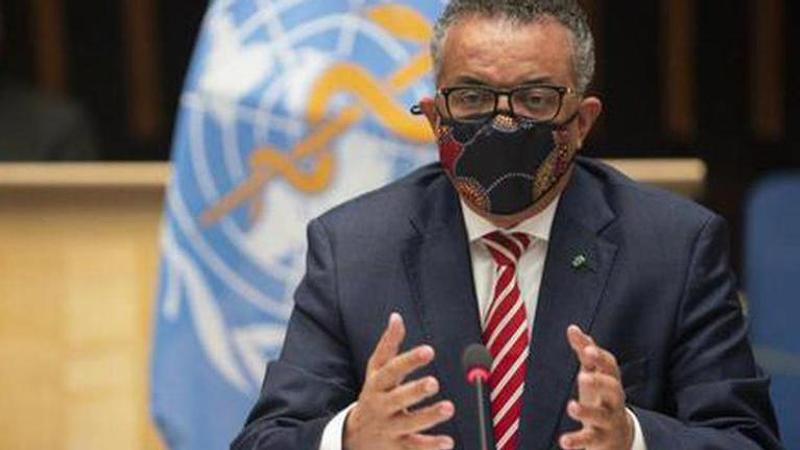Published 22:41 IST, October 10th 2020
WHO calls for scaling up investments in mental healthcare
Four out of every five people in the region who require mental health services are unable to access them. The region also has the lowest per capita number of mental health workers, Poonam Khetrapal Singh, WHO Regional Director for South-East Asia said.

The vast social and economic impact of COVID-19 highlights the critical need for all countries in South-East Asia region to scale up investments for sustained and quality mental health care, the WHO said on Saturday on the occasion of World Mental Health Day.
Four out of every five people in the region who require mental health services are unable to access them. The region also has the lowest per capita number of mental health workers, Poonam Khetrapal Singh, WHO Regional Director for South-East Asia said.
Given the immense social and economic impact of coronavirus, countries and partners must act with ‘speed and scale’ to secure and apply the necessary funds, as underscored by the theme of this year's World Mental Health Day campaign - Move for Mental Health: Let's Invest, she said.
Globally, nearly one in 10 people have mental health condition. Depression is a leading cause of disability.
An estimated 3 million people die every year from the harmful use of alcohol. A suicide occurs every 40 seconds. Most mental health conditions can be effectively treated at relatively low cost, the official noted.
And yet more than a quarter of the world's population lives in a country where there is less than one psychiatrist for every 1,00,000 people.
"The vast social and economic impact of COVID-19 highlights the critical need for all countries in the region to invest in quality mental health care, which must be part of an overall increase in health spending," Singh said.
Across the region, services for mental health care, including access to psychiatric medicines, have in recent months experienced significant disruptions, which WHO has been supporting member states to overcome through innovative service delivery models such as telemedicine and doorstep deliveries, she said.
The World Health Organisation (WHO) continues to strengthen the capacity of health workers to detect, manage and treat mental health issues through virtual trainings and webinars, and will continue to facilitate the identification of best practices that can be adapted and rolled out to scale, especially at the community level.
The region's recently adopted Ministerial Declaration for a Collective COVID-19 Response highlights the ongoing need for countries to maintain essential health services.
To prevent burnout, minimise stress and enhance the mental well-being of health workers, facility administrators should appropriately balance working hours and rotate workers from higher-stress to lower-stress functions. Personal protective equipment must be readily accessible to all, the WHO Regional Director for South-East Asia said.
Administrators must ensure that financial resources are available to call up additional staff and pay overtime and sick leave, she said.
"Leaders across sectors must continue to apply a zero-tolerance approach to social stigma, verbal aggression and violence directed at health workers, and must continue to celebrate and support the health workforce," Singh noted.
The WHO will continue to provide its full support to countries and partners in the region to strengthen the provision of need-specific, culturally sensitive mental health care and treatments throughout the COVID-19 response and into the recovery and beyond, in line with its strategic preparedness and response plan, the Region's Flagship Priorities, WHO's “triple billion” targets and Sustainable Development Goal 3, the official added.
Updated 22:41 IST, October 10th 2020




